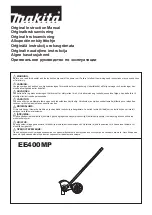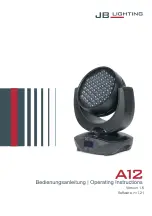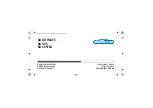
A
Caring for Connectors
74
Keysight N4000/1/2A Operating and Service Manual
Making Connections
Making good connections is easy if a few simple principles are kept in mind:
– All connectors must be undamaged, clean, and within mechanical
specification.
– The connectors must be precisely aligned with one another and in flat physical
contact at all points on the mating plane surfaces.
– The connection must not be too tight or too loose.
– Lateral or horizontal (bending) force must not be applied to the connection,
nor should any connection ever be twisted.
Align connectors carefully
Careful alignment of the connectors is critical in making a good connection, both
to avoid damaging connectors and devices and to assure accurate measurements.
As you bring one connector up to the other and as you make the actual
connection, be alert for any sign that the two connectors are not aligned perfectly.
If you suspect that misalignment has occurred, stop and begin again.
Alignment is especially important in the case of sexed connectors, such as
precision 3.5 mm and SMA connectors, to avoid bending or breaking the contact
pins. The center pin on the male connector must slip concentrically into the
contact fingers of the female connector. This requires great care in aligning the
two connectors before and as they are mated.
When they have been aligned, the center conductors must be pushed straight
together, not twisted or screwed together, and only the connector nut (not the
device itself) should then be rotated to make the connection. (slight resistance is
generally felt as the center conductors mate).
Alignment of precision 7 mm connectors is made easier by the fact that the
connector sleeve on one of the connectors must be extended fully (and the sleeve
on the other connector retracted fully) in order to make the connection. Extending
the sleeve creates a cylinder into which the other connector fits.
If one of the connectors is fixed, as on a test port, extend that connector sleeve
and spin its knurled connector nut to make sure that the threads are fully
extended, while on the other connector, fully retract the connector sleeve.








































